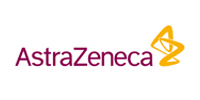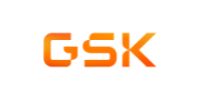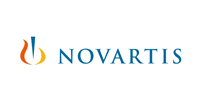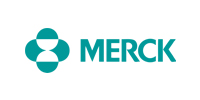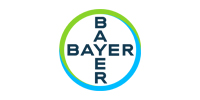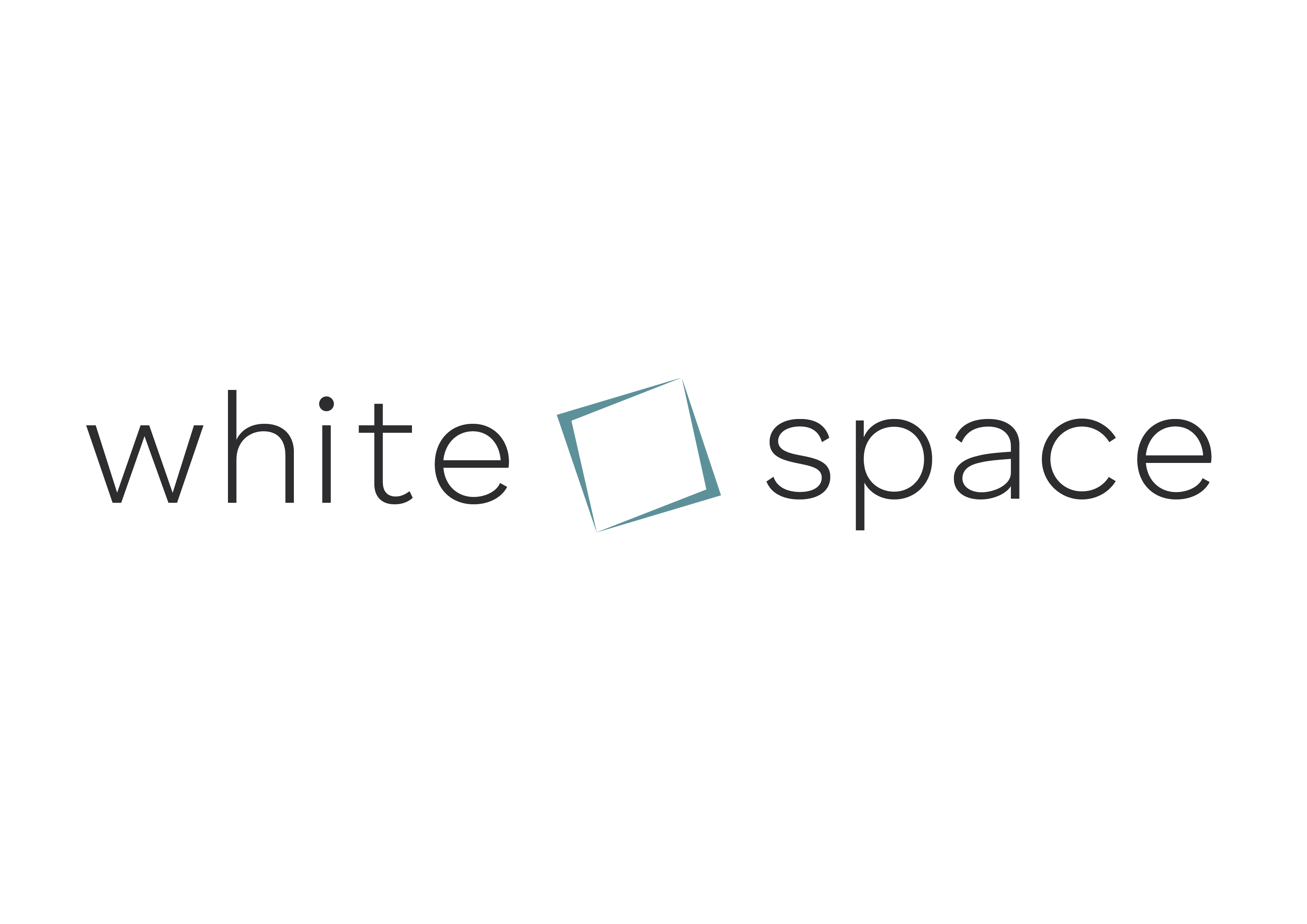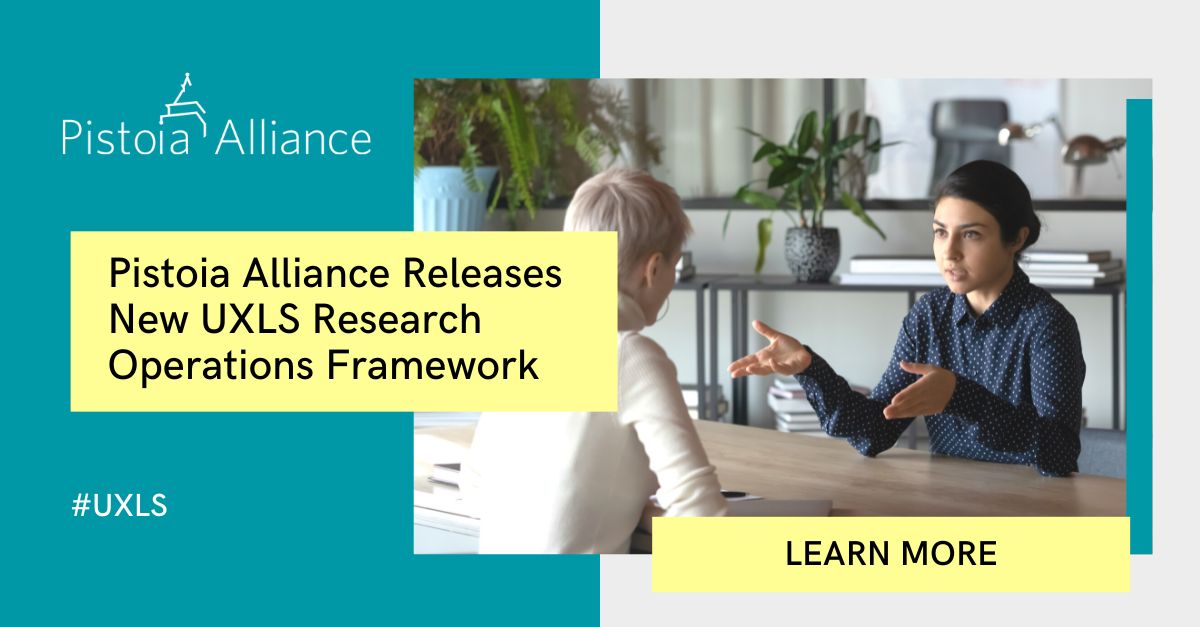Community of Experts
Since our inception in 2017, our community has created the following deliverables:
- Digital Accessibility Guide – A practical guide to support digital accessibility in accordance with WCAG 2.1 AA and AstraZeneca best practices.
- UXLS Research Operations framework – An operational framework to support life sciences organizations in scaling up their user research.
- Understanding UX Skill Sets – a framework to help non-UX literate managers, peers, and recruiters to understand the skills, activities they might need to look for when building their teams.
- Data and UX heuristics – a set of heuristics to help guide design practices when working with data-driven projects.
- A UX for Life Sciences Toolkit to enable businesses to adopt UX principles and methods as they develop scientific software.
- UXLS Procurement Guidelines – to help teams identify off-the-shelf products or solutions which may provide better usability and meet your users’ needs.
- UXLS Maturity Model – a model to evaluate the maturity of UX in your organisation, project or team.
We continue to work on other projects such as a UX maturity model for the life sciences which will speed up the adoption of UX in the life sciences.
Why is this important?
As we scale UX in our organizations, UX needs to become more efficient and operationalized.
Other key issues we aim to address through the resources we develop and the education series we run include:
- Remote research knowledge sharing
- How to disseminate research findings and insights across organizations
- Data Vizusalization as an essential skill for UX designers to have in their toolkit
- UX exploration of new interactions within the lab environment – we plan to align with our Lab of the Future community to provide a UX lens on the practicalities of using new technologies
- Change agents in corporations and how we can democratize our UX process to the wider organization.
User Experience is an evidence-based design process that centers on the behaviors and needs of users. The clear benefits of UX offered in our personal lives such as in the retail sector have been slow to percolate to other more complex sectors such as the life sciences. The adoption of UX in the life sciences comes with its own set of challenges.
Current best practices need to be adapted and developed to scale our UX practices in the life sciences. The UXLS community actively works on sharing and developing best practices. In addition, we seek to raise awareness of the value that UX brings to the life sciences.
What will the project achieve?
The User Experience is key to future digital transformation. Without clear communication and ease of navigation, life science experts will not be able to navigate through the increasing amounts of data they can access. The adoption of UX practices in the life sciences will clearly lower the barriers to innovation for the life sciences and empower scientists. We offer many resources such as toolkits, whitepapers, discussion groups, and conferences to foster the growth of the UXLS career path (see Resources list below).
How will the project do this?
The project has built a toolkit which focuses on issues faced in developing digital products specifically for R&D in the life science and healthcare environments. The UXLS toolkit includes UX techniques, methods and business-critical metrics.
Active participants in working groups develop closer ties with world-leading experts across industries, co-creating cross-industry pre-competitive resources while contributing expert time or other in-kind resources.
Experts active in WorkingStream meet biweekly online. The WorkStreams are currently addressing the following themes:
- Gen AI and User Experience in the Life Sciences. This workstream aims to investigate the impact of GenAI on UX within life sciences and explore the role of UX in GenAI applications, while sharing best practices for effective implementation.
- Visualisation and User Experience in the Life Sciences. As the life science industry evolves, so does the need to be able to communicate complex results or findings quickly and effectively. This workstream explores the role of UX in data visualization and shares best practices in the life sciences.
- User Research practices in the Life Sciences. Our workstream’s main goal is to support user researchers to scale up and demonstrate the impact of their user research practices in the life sciences.
The community members are also invited and contribute their experiences (knowledge, case studies, current practices) during monthly online sessions, so called “therapy” sessions.
The Sponsor members of the Steering group ensure governance and strategic support and provide guidance to the working groups enabling strategic cross-industry alignment.
Steering Committee
Thanks to our funders who are making this project possible, without their help this community of UX experts would not exist or collaborate.
Publications
- New for 2023 we have a member submission from Rockstep Solutions, on the Lab of the Future: Utopian Paradise or Dystopian Dysfunction?
- Evolution of User Experience for Life Sciences by Jacek Ziemski (Roche), Simon Fortenbacher (GSK), James Hoeksma (AstraZeneca), Jan Taubert (KWS), Roger Attrill (Linguamatics), Paula de Matos (Pistoia Alliance), Andre Richter (Bayer) and Julie Morrison (RockStep Solutions) reproduced with kind permission from Drug Discovery World (DDW) Winter 2019/2020 Vol. 21 No 1
- UXLS-UX-design-value-of-software by Jenny Cham (EMBL-EBI, UK), Katrina Costa (EMBL-EBI, UK) reproduced with kind permission from Drug Discovery World (DDW) Summer 2017
UXLS Events
As a community, we like to meet face to face to enable the sharing of best practices. Our workshops have now evolved into fully-fledged successful yearly conferences.
- Pistoia Alliance User Experience For Life Science Conference 2024, Novartis, Basel, Switzerland
- Pistoia Alliance User Experience For Life Science Conference 2023, GSK, Stevenage, UK
- Pistoia Alliance’s User Experience for Life Sciences (UXLS) Conference 2022, University of Cambridge, Cambridge, UK
- UXLS 2021 Virtual Conference
- UXLS 2019 Conference held at GSK, Stevenage
- UXLS 2018 Conference held at Novartis, Boston, MA.
- UXLS Workshop 2017 held in Hinxton, EBI, UK.
- UXLS Workshop 2016 held in Hinxton, EBI, UK.




